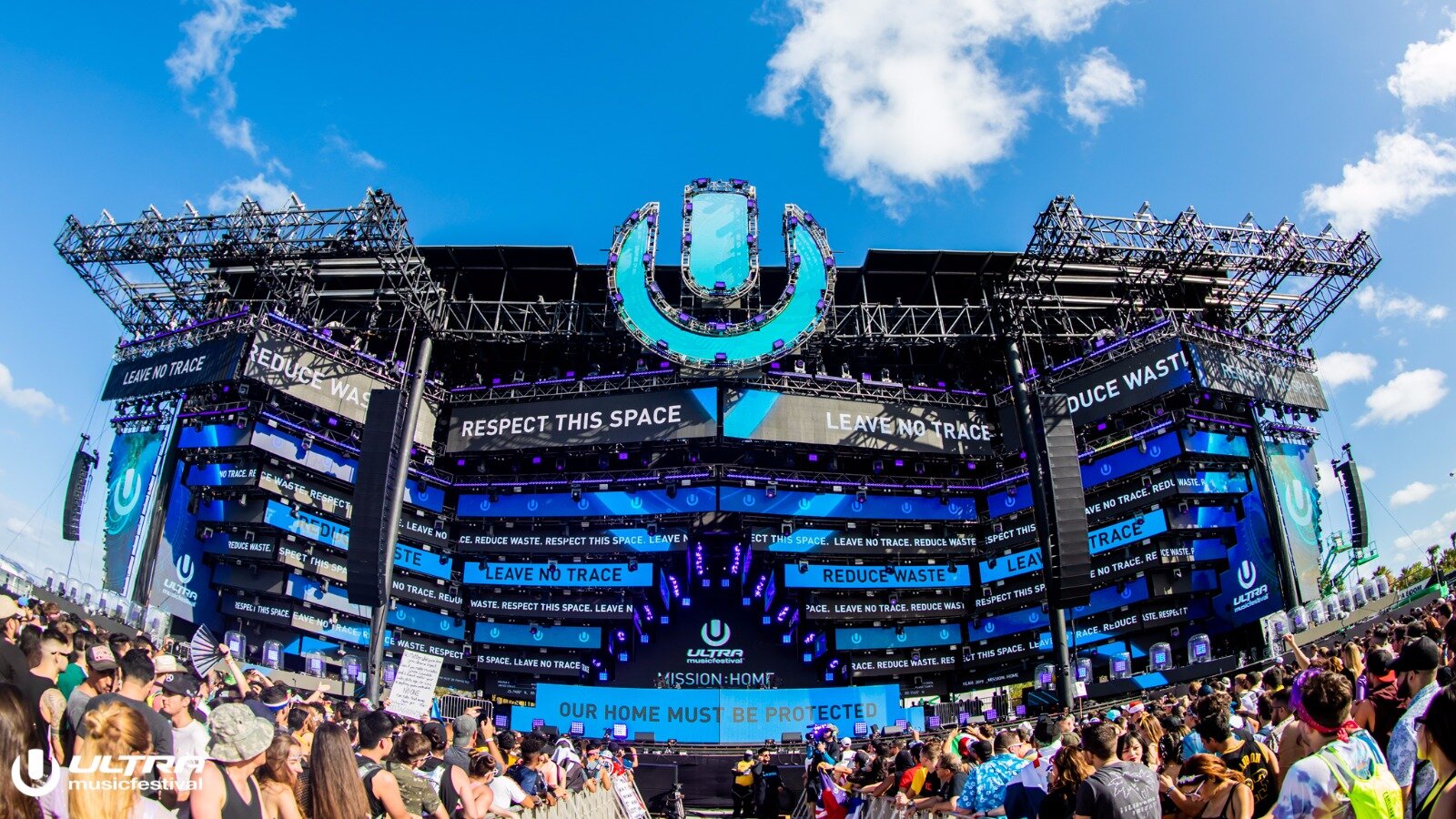IGNITE BLOGS
Sustainabiltiy and social impact require leadership, change management, and the business case! On this page we share videos and blogs that will help you set sustainability and impact strategies and goals, overcome objections, galvanize peers and staff, and pitch the economic justification for initiatives that improve environmental and social performance.
Download a free report on challenges and opportunities in supplier diversity. It’s not easy work so this is a call to GO ROGUE and drive change in your organization!
Policies and contracts often get in the way of moving forward with improvements that would achieve desirable social and environmental outcomes. I frequently speak with those, both those selling ideas from within the organization and those outside selling products and services that help companies be more sustainable. When it comes to selling ideas, products, and services to larger organizations, one of the most common obstacles you’ll run up against is contracts. This can be particularly frustrating because it feels like a hard, nonnegotiable NO - an unscalable mountain.
Every day I see more posts about ‘back to normal’ activities. But as we reopen, let’s not get ‘back to normal.’ One of the most common and frustrating experiences people have when trying make positive changes is to encounter the “we’ve always done it this way” mentality. I recently spoke with a mentee who works at a hotel. The hotel is not reopening, it’s opening. None of the employees have worked for this brand before, yet she is constantly encountering “[hotel x] says we have to do it this way.”
Have you ever traveled to a country where you didn't speak the language? There's a good chance that before you ventured out you learned at least a few phrases of that language. Maybe you did it out of respect for the locals. Or maybe you did it for purely utilitarian reasons, like wanting to make sure you can find the bathroom when you need it. This same principle applies to convincing others to support sustainability initiatives - learn their language, the language of finance and the business case.
When customers decide they care, will you be ready or will you be scrambling to convince them you do? Because when it matters, it REALLY matters! Recent events have demonstrated how quickly a mention can become a movement. Are you ready? Consider the levels of consciousness that can suddenly arise like we have seen in the spring and early summer of 2020.
Sustainability should be for and include everyone in an organization. We need to be careful that green teams (or whatever you call those who are mostly doing the work of sustainability) are not just for executives or the elite. Everyone should be seen as a vital part of successful implementation. We need the buy-in and support of Human Resources. Dr. Melonie Boone shares some wisdom on best practices for involving HR in sustainability initiatives.
After a food waste training session, there was such excitement among staff to participate that they almost had a "too many cooks in the kitchen" situation. The confusion of having so many people involved led to a refinement in process, definitions of waste, vessels, etc. and clarification of roles so that everyone can add value.
Sustainability, like any major change initiative, is dependent on executive sponsorship, but the focus on top leadership buy-in can be skewed. Executive sponsorship is no doubt vital. Projects without it have lackluster results and high resentment. Much time is invested wooing executives, but initiatives become watered down by the time they reach managers and frontline employees. Don’t just make it a “because I said so” exercise.
The number one thing sustainability experts and consultants hear when training others is “where do we start?” Somehow, not knowing where to start causes people to get frozen in inaction. They overthink it and fear they might get it wrong so why bother. The key: JUST START! Anywhere! And in this blog we provide a few simple things to get you going.
I’m always talking about the importance of empowerment. And just to prove how much such messages need reinforcement, here’s a story about how my own doubts and good intentions got in the way… or almost did. It’s such an awesome story of what can happen when you give people just a little freedom to try out their ideas.
The COVID-19 crisis has caused the restaurant industry to call out abusive behavior, racism and sexual harassment. Every industry and workplace can be home to this type of behavior, but a restaurant seems to be a special breeding ground for this. In this blog, we offer some tips for overcoming jerks in the workplace when trying to drive sustainability - not just restaurants but any workplace.
In this interview with Vivian Belzaguy, we discussed the many opportunities organizations have to engage customers in their sustainability initiatives. As someone leading the charge for music festival sustainability, Vivian has great examples to share. In places where the audience is captive, don’t miss the opportunity to opt them into triple bottom line impact.
In this interview, Joan D. Plisko, PhD shares her experience leading an organization through the process of pursuing an ambitious certification - the Fitwel designation. It starts with a vision, supported with a business case and a plan. And it takes persistence to keep everyone’s eyes on the vision and see it through.
Sometimes, the team that got you to the championship is not the one that can bring home the trophy. This is a well-understood phenomenon in entrepreneurship – the visionary who started the company struggles to deal with the operational complexity of growth and scaling. The same may be true for your sustainability program; it may stall out at the current level of expertise and development.
I write about the business case for sustainability. Rather than bury the lede, I’ll come right out with it. As an advocate for sustainability benchmarks, I wish the study I reference in this blog showed a clear consumer preference for them, but it does not. I chose to write this anyway, because a critical element of developing a case is to identify weaknesses and obstacles, so we can develop strategies to overcome them.
It started more than 10 years prior with a simple question: “Is that all we can do?” That was the pivotal question that lead to Alice Ferguson Foundation receiving the world’s 13th fully certified Living Building designation. Achieving this was anything but luck! In this article hear a synopsis of some milestone moments and see images from this picturesque spot.
"Better a mediocre idea with brilliant execution..." Sometimes we need to focus on small, mundane actions but do them well, in order to achieve the Sustainable Development Goals. This is a blog series with “mediocre ideas” you can perform brilliantly with a bit of effort.


















Many studies focus on what to do with waste once it is created. We need to talk more about PREVENTION! It’s similar to the problem we see in healthcare – a focus on treatment (e.g., drugs, surgery), rather than prevention (healthy diet and exercise).